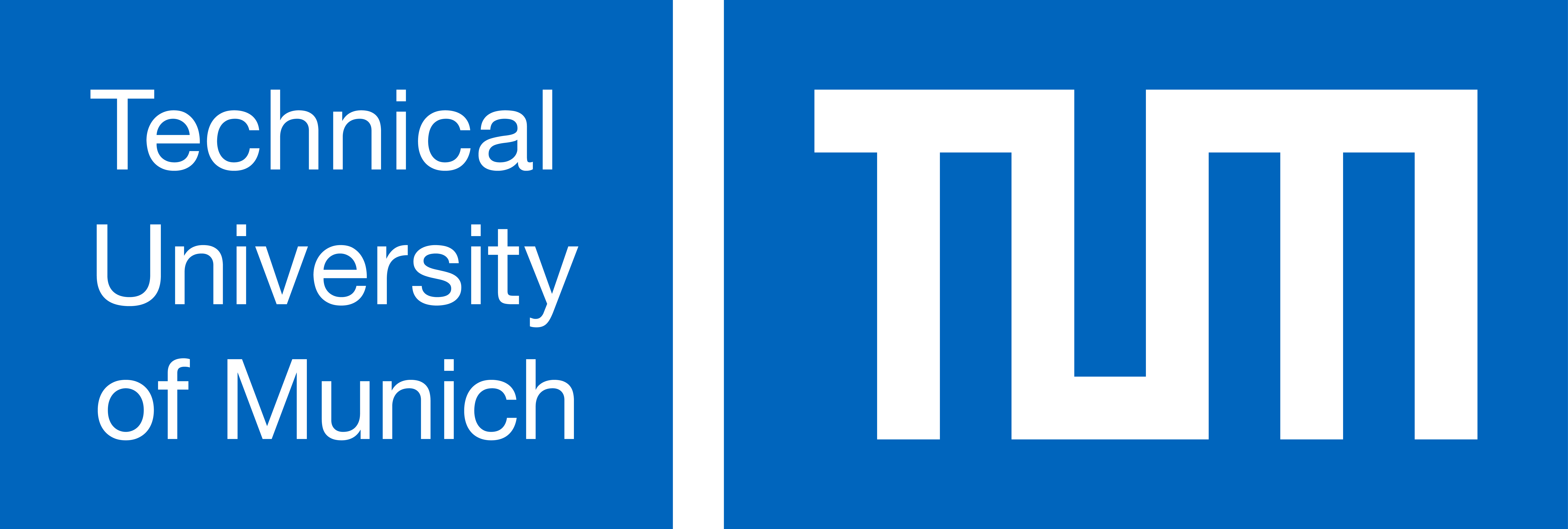Over deze cursus
Digital technology is always getting more complex and more interwoven with the human lifeworld. The problems of understanding media – i.e. the nature and implications of digital technology – are expressed in radically different and often contradictory conceptions. The module examines the major conceptions of digital technology/media and the respective ethical consequences they imply. A particular emphasis is on the changes technology brings to the perception, action, and thinking of individuals and their social relations. Using selected examples, not only concepts for understanding (digital) media and models of ethical argumentation are presented, but also options for evaluating and dealing with ethical conflicts are discussed.
Leerresultaten
Upon successful completion of this module, students will be able to: • describe the prevalent and often implicitly presupposed conceptions of digital technology • explain the ethical issues entailed by the respective conception • read, analyze, and understand philosophical texts • apply the conceptions to concrete case studies • identify the specific ethical conflicts between these conceptions • present and discuss academic papers on this complex interdisciplinary topic
Toetsing
In a (group) presentation (18-22 minutes plus discussion) and responses to other presentations, the students demonstrate their capability to collaborate on complex topics, gain insights from philosophical texts, apply them to case studies, and understand the implied ethical issues and conflicts.
Group presentation (18-20 minutes) plus discussion ECTS: 2
Bronnen
- Coeckelbergh, Mark, and David J. Gunkel. 2023. “ChatGPT: Deconstructing the Debate and Moving It Forward.” AI & SOCIETY, June. https://doi.org/10.1007/s00146-023-01710-4. Crane, Tim. 2021. “The AI Ethics Hoax.” IAI TV - Changing How the World Thinks. March 3, 2021. https://iai.tv/articles/the-ai-ethics-hoax-auid-1762. Durt, Christoph. 2023. “The Digital Transformation of Human Orientation: An Inquiry into the Dawn of a New Era (Winner of the $10.000 Essay Prize).” Esposito, Elena. 2022. Artificial Communication: How Algorithms Produce Social Intelligence. Strong Ideas Series. Cambridge, Massachusetts: The MIT Press. Verbeek, Peter-Paul, and Robert P. Crease. 2005. What Things Do: Philosophical Reflections on Technology, Agency, and Design. 2. printing. University Park, Pa: Pennsylvania State Univ. Press.
Activiteiten
Methods include conceptual analysis, hermeneutic work with texts, class discussions, group work, and presentations.
Aanvullende informatie
- Meer infoCursuspagina op de website van Technical University of Munich
- Neem contact op met een coordinator
- StudiepuntenECTS 2
- Contact uren per week2
- InstructeursChristoph Durt, Peter Brenner
- InstructievormHybrid
Aanbod
Startdatum
23 april 2025
- Einddatum25 juli 2025
- Periode *Summer 2025
- Voertaal
Inschrijvingsperiode gesloten
